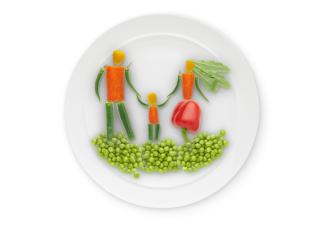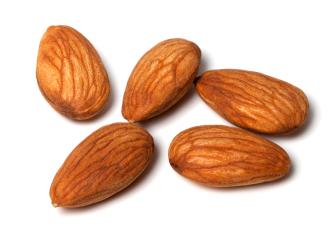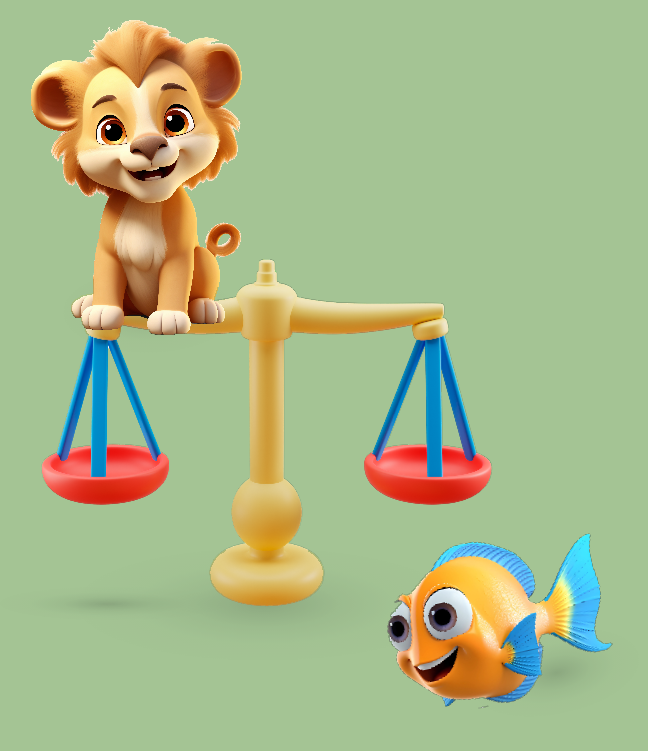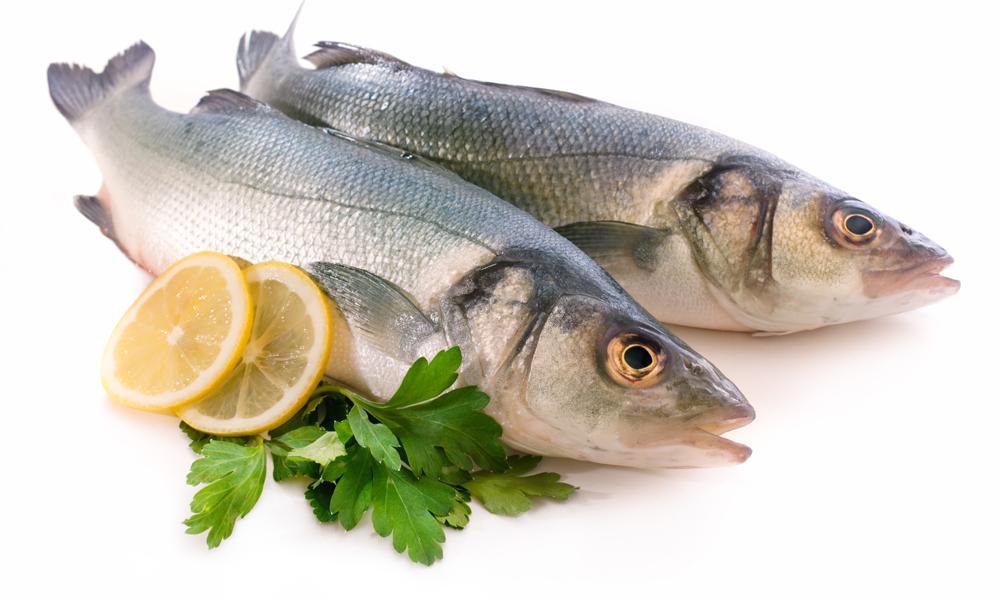
Should children eat fish?
Fish is a food of high nutritional value, both in fact and in the minds of consumers. It is a source of high biological value protein and omega-3 fatty acids. Omega-3 fatty acids, are also called essential fatty acids and their adequate intake in infants and young children has been associated with brain development and growth as well as with a series of beneficial effects on the human body that contribute to health promotion and the prevention of chronic diseases.
Heavy metals and how are they increased in fish
In contrast, information from tests on fish cast a shadow over fish as an option for sensitive populations, such as babies, children and pregnant women. Information shows that fish can contain high levels of heavy metals, such as mercury and lead. Concentration of heavy metals in fish can be increased as fish absorb them from their environment and through their diet. Since heavy metals can be detected in almost all fish, as well as in other foods, the maximum desirable levels for the entire population have been set; when these levels are not exceeded, foods are safe for consumption.
What can they cause in the body of a child?
Heavy metals act as neurotoxins and affect the function of the brain and the nervous system. Moreover, they appear to accumulate in the body and that they are not excreted or metabolised for several years. At the same time, the bodies of infants and children are more sensitive, as they are under formation, and due to their low weight.
Which fish have the highest levels?
The highest levels of heavy metals are mainly found in big fish. According to studies of Greek entities, such as the Hellenic Institute of Nutrition, as well as the U.S. Department of Agriculture, salmon, tuna, swordfish, large mackerels (mainly of the Atlantic Ocean) and generally big fish should be avoided. Instead, choose smaller fish or seafood of your liking. a
Advice
The nutritional information and recommendations on infant-toddler diet are indicative and refer to general guidance for this age group. Time that every child can be introduced to solid foods or add more to it’s diet, must be individualized. We recommend to set advise from your pediatrician about the specific nutritional needs of your child.
